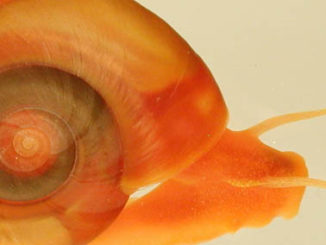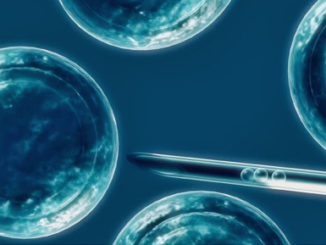Blocking a Specific Epigenetic Enzyme Could Prevent Diabetic-Related Heart Failure
Heart disease has been singled out as the leading cause of death among people with diabetes. It’s estimated that 68 percent of diabetics age 65 or older will die from some form of cardiovascular disease. Coronary atherosclerosis, or hardening of the arteries, is the most prevalent of these diseases, but there is another very common heart condition specific to diabetes that has been getting more attention in recent years. It’s called diabetic cardiomyopathy (DCM) and it’s independent of coronary artery [more…]






